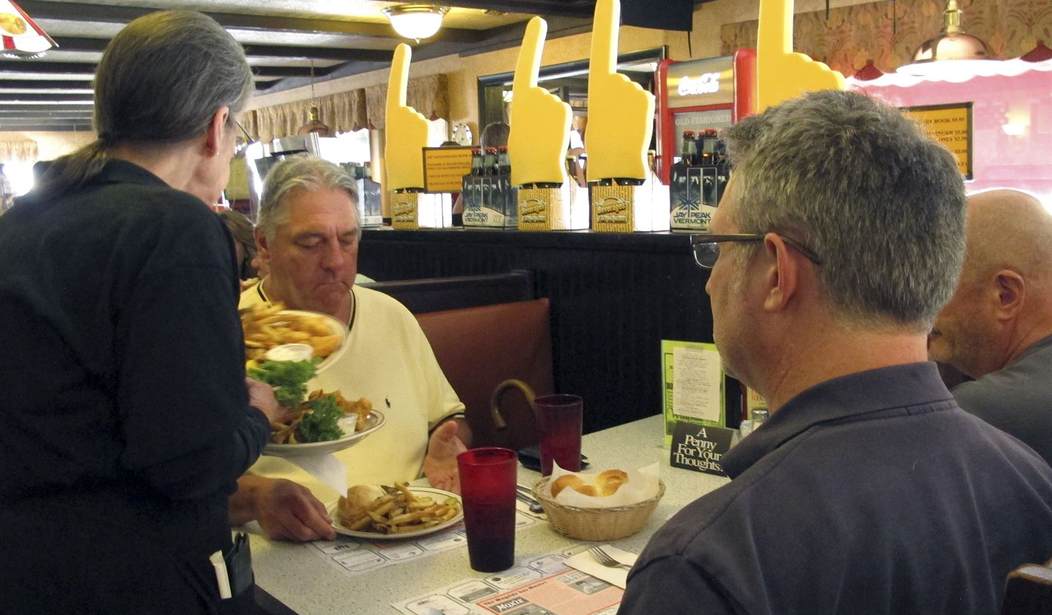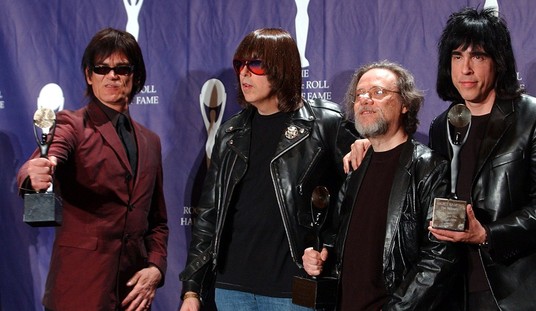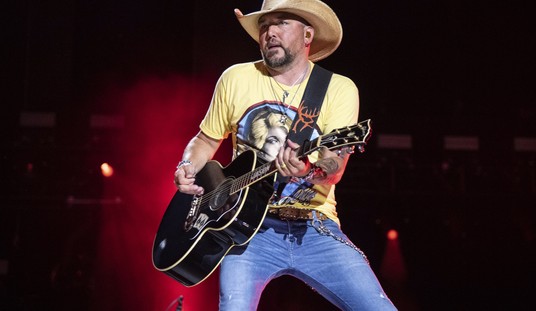Remember when we were told that the army of new IRS agents Biden wants to hire was only going to go after billionaires? Good times. If that’s the case, somebody should check to see if Bill Gates and Elon Musk have taken some side gigs slinging hash at a diner somewhere. (Of course, in Musk’s case it may come to that if he can’t get 10 million more people to sign up for Twitter Blue.) As it turns out, the Tax Man is launching a new program to crack down on tips received by wait staff in the food and beverage industry. That’s right. The IRS thinks that waiters and waitresses are pocketing too much money in gratuities, and Uncle Sam plans on getting his piece of the action. (Fox News)
The Internal Revenue Service (IRS) proposed a revenue procedure this week cracking down on service industry’s reporting of tips.
The so-called Service Industry Tip Compliance Agreement (SITCA) program would be a voluntary tip reporting system in which the IRS and service industry companies cooperate, according to the announcement Monday. As part of the proposal, the IRS will give the public until early May to provide feedback on the program before implementing it.
“Those 87,000 new IRS agents that you were promised would only target the rich…” Mike Palicz, the federal affairs manager at Americans for Tax Reform, tweeted. “They’re coming after waitresses’ tips now.”
The IRS isn’t even trying to deny this. In fact, they put it right on their website.
At least for the moment, the agency is describing this as a “voluntary reporting system.” But how long do you expect anything to do with the IRS to be “voluntary?” The description of the reporting system sounds pretty sinister when you look into the details. They’re describing something that results in the “monitoring of employer compliance based on actual annual tip revenue and charge tip data from an employer’s point-of-sale system.”
So it sounds like the IRS would basically be hosing up cash register data and counting all of the charges that are tallied as tips above and beyond the customer’s actual bill. They’re also offering assurances that they aren’t going to be coming after the employers. Perish the thought. They’re just going to make sure that the wait staff is faithfully listing all of their tips on their tax forms.
This question has been a bone of contention for as long as I can remember. The courts have never satisfactorily ruled on the issue, either. The traditional understanding used to be that tips were offered by consumers based on the quality of the food and the service they received. It was long assumed that waiters and waitresses earned less than other workers. In fact, the law allows owners to pay the wait staff as little as $2.13 per hour if the base pay plus the tips add up to at least the federal minimum wage. But the really good servers could make up for that difference with tips and even bring home significantly more than the minimum hourly wage would pay.
The whole concept of an “income tax” is based on the compensation a person is paid by their employer. The wait staff’s tips shouldn’t be taxed at all because the patrons are not their employers and are under no obligation to tip them. It’s really more of a gift given in appreciation for good service.
But that probably won’t stop the IRS from doing this. And it’s policies like these that have made me develop a habit of always tipping in cash when we dine out, even if we pay for the meal with a debit card. I tend to be a bit of an exorbitant tipper (at least according to my wife) but regular customers who tip well generally wind up getting much better service in my experience. And I enjoy the looks on the faces of hard-working servers when they find some twenty-dollar bills that they can just stick in their pockets waiting for them. As far as I’m concerned, owners of bars and restaurants should tell the IRS to keep its nose out of their employees’ tips.








Join the conversation as a VIP Member